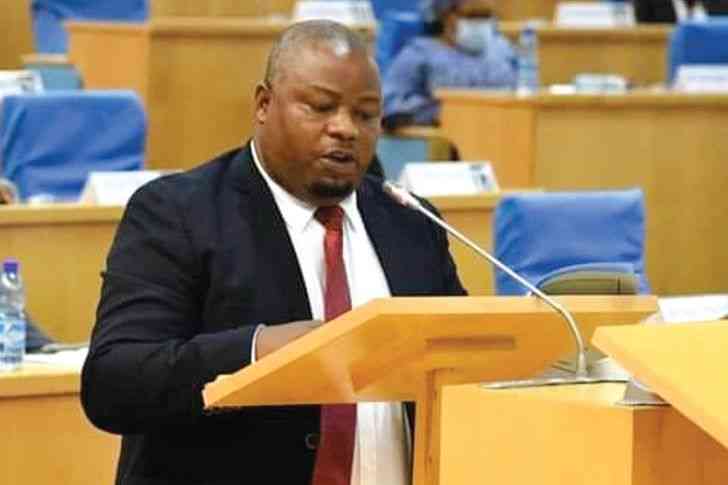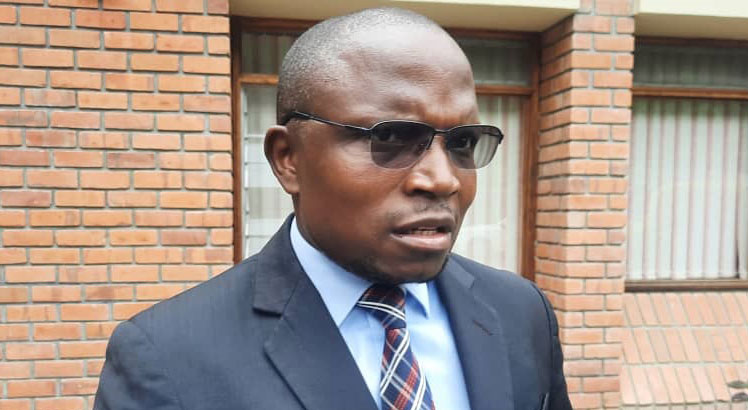PAC wants Parliament meet in January

The Public Accounts Committee (PAC) of Parliament has proposed that the House should meet in January to present a report on how government institutions have responded to their recommendations on looting of public resources at Capital Hill.
Speaking to The Nation yesterday in response to criticism that the just-ended Parliament meeting was a waste of taxpayers’ money, PAC chairperson Beatrice Mwangonde said the committee would be meeting various stakeholders in the investigations next week.
Among the stakeholders are the Reserve Bank of Malawi (RBM) governor and his officials who are yet to respond to queries from PAC on how billions of government resources have been stolen through dubious cheques cleared by commercial banks and the central bank.
“We have asked for an extraordinary meeting of Parliament in January where we want to table the report of how the various institutions have implemented the recommendations we made in this just-ended meeting,” said Mwangonde.
It is expected that by January, a report of the preliminary forensic audit which an international firm is carrying out would be presented to the House through PAC.
After it was adopted, Clerk of Parliament forwarded it to Chief Secretary to Government Hawa Ndilowe who is expected to act on the recommendations.
“The Chief Secretary will write stakeholders who were asked to implement our recommendations. These will later appear before the committee to update us on what they have done,” said Mwangonde.
Parliament met for three weeks during which they passed the Assets Declaration Bill, but without amendments.
It is expected that the inclusion of more public officers who should declare their assets, liabilities and business interests on appointment into public office would prevent theft of money from the government purse.
It is estimated that government has lost close to K100 billion (US$250 million) through siphoning of money by taking advantage of weak and porous financial systems.





